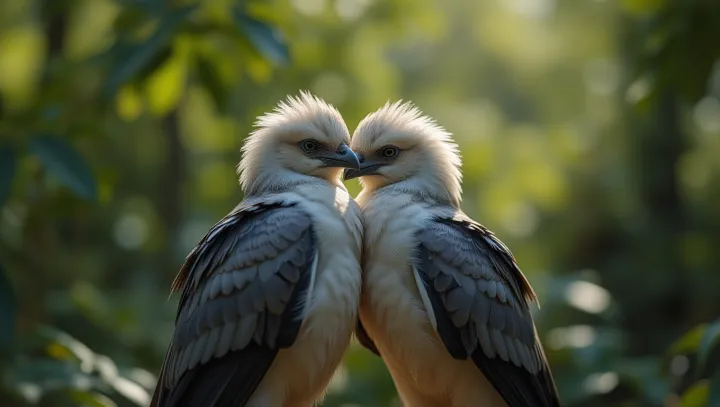The Secret Lives of Birds Unveiled

In the lush, biodiversity-rich regions of South America, intriguing studies have emerged challenging our understanding of avian relationships. Researchers are uncovering captivating evidence of monogamous practices in bird species previously thought to be less committed to singular partnerships. Notably, scientists from the Avian Behavior Research Institute in Rio de Janeiro have focused their efforts on understanding these complex social structures.
Dr. Elena Alvarez, a leading ornithologist, highlights that numerous bird species, including certain parrots and sparrows, demonstrate clear preferences for monogamous pairings. 'We've observed consistent pair bonding behaviors that suggest a deeper social strategy,' Dr.
Alvarez notes. The drivers behind these monogamous tendencies appear to be multifaceted, involving factors such as resource defense, mate guarding, and mutual offspring rearing responsibilities. Such partnerships often yield advantages that enhance survival in competitive habitats.
These findings provoke a reconsideration of existing ecological models that predict mating behaviors based on resource availability. As avian species continue to adapt to environmental shifts, understanding the nuances of their relationships will be crucial for conservation efforts and biodiversity preservation. This research not only enriches our comprehension of the natural world but also invites us to reflect on the broader implications of monogamous behaviors across species.
The age-old question of why certain creatures choose lifelong partners may indeed have roots deeply embedded within ecological and evolutionary frameworks.
